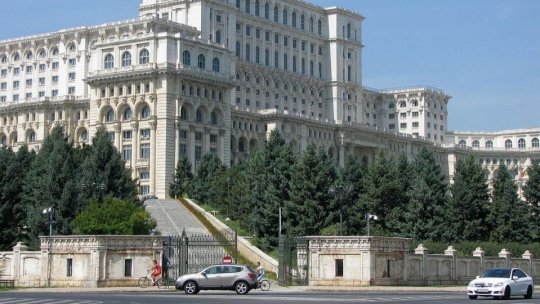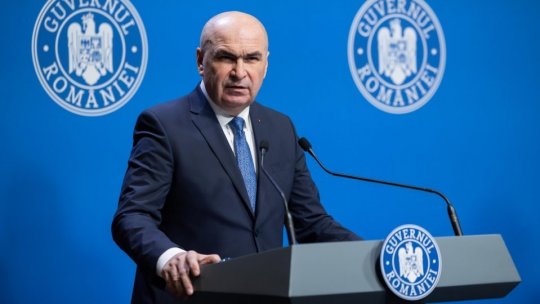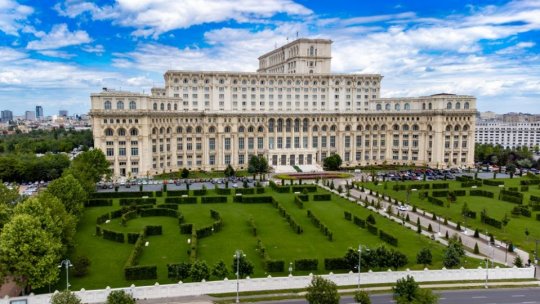Rise in minimum wage – “good for the economy”
Dumitru Costin, president of the National Trade Union Bloc, said a minimum wage increase up to 150 lei would determine unemployed workers to look for jobs and not unemployment benefits.

Articol de Diana Domenico, 02 Noiembrie 2010, 20:17
Unions insist that minimum wage should be increased next year, and public sector salary come back to the value of before the 25% cut.
National Trade Union Bloc representatives estimate that these measures will be good for the economy.
NTUB leader, Dumitru Costin, said he would present the IMF his estimations of the rise in minimum wage and its impact on the economy.
An increase in minimum wage of up to 150 lei could be favourable for the budget, its connection to it being directly proportionate, says the NTUB.
As minimum wage grows, the positive impact it has on the general budget also grows – this is the conclusion of a study started by the NTUB, as part of the “Invest in people” project, co-financed by the European Social Fund.
A rise in minimum wage would cost the private sector an additional 1-3%, depending on the increase, but VAT income from food products will rise up to 130 million lei.
NTUB leader, Dumitru Costin, emphasized that there are solutions for increasing the minimum wage, and not freezing it.
“We need to increase minimum wage to escape the unemployment trap. The difference between small income and the various welfare income sources are so small that they do not stimulate the search for jobs.”
“A second measure would be to cut taxation gradually, and then, thirdly, a necessary enforcement of the work inspection’s role and authority in Romania.”
The wage increase is “possible gradually”
Economist Liviu Voinea thinks that the impact analysis of keeping the 25% salary cut next year too, shows that an increase would be possible in two stages.
“My opinion is that a return of low wages is possible through a series of measures, and increasing minimum wage would act as a balance.”
“Reform is needed, especially at leadership level in the public sector, and the cut could be repaired, but probably in two stages.”
“On the other hand, the entire theoretical budgetary cut back of approximately 7 billion lei can be compensated for by means of cutting back on discretionary cost through purchasing goods and services, with a budget of 28 billion lei for 2011”, stated Liviu Voinea.
The study results will be presented to the IMF officials on Tuesday.
Union members are waiting along with the government and the employers to present arguments for this , though they do not agree with the raise.
Romania has the highest poverty risk for unemployed workers in the European Union.
18% of Romanian workers risk poverty, while the EU average is 8%.
Translated by: Ciocanel Tudor and Oana Udrescu
MA student ,MTTLC , Bucharest University













